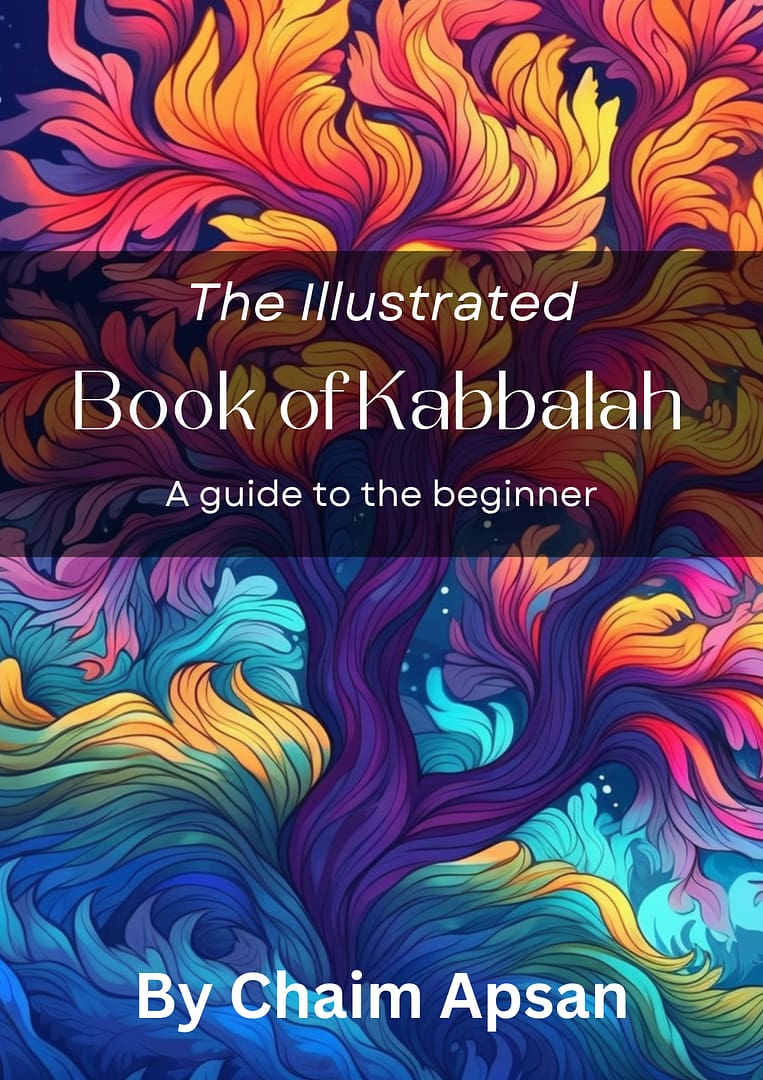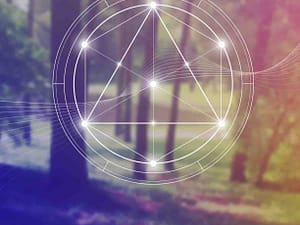Jewish Meditation is one of the topics that were obscured and reserved for people with “nothing better to do”. But is it so?
Ever wondered why and how to meditate?
Is it something restricted for hippies, monks and clerics, or can everyone benefit from it?
Jewish Meditation is a very central practice in the quest for coming closer to Hashem. Its psychological and physiological benefits are huge and unquestionable nowadays. So much so that there are many scientific studies that attest to the health benefits of meditation.
Meditation in general gained great popularity in the last 50 years, but among Jews, not so much.
Yet, we need to clarify two very important questions:
What is meditation and, more importantly, how to meditate?
What is meditation?
Meditation is a broad term but basically, it refers to the act of expanding our conscious state. It can be practiced as we are used to seeing (sitting, with our eyes closed) but it can also be done when praying with eyes open, listening to music and, with enough training, even while walking. The simple practice of Hitbodedut can be a powerful act of Jewish meditation.
When we meditate we are essentially decreasing the cognitive functions of the body, generally, in order to explore either our inner selves (usually) or the outer world (as someone who walks meditating).
I like to compare meditation to sailing in a vast ocean. Our conscious mind is like a small boat in the middle of the ocean, our unconscious mind. To meditate is to dive in to explore its depths and find great treasures. Not an easy feat, but doable.

When we quiet our minds and make them less susceptible to the stimuli of the outside environment, we are able to perceive reality deeper and more clearly. This reality is essential our soul. Beneath the noise outside and inside our minds, there’s a wealth of knowledge, power and pleasure awaiting for us to tap into it. It takes time, but it’s well worth it.
Whatever your program and capacity, just remember that the most important thing is to meditate on a constant basis, without being interrupted. You can start with only 5 minutes, and you might want to set up a very soothing alarm clock besides you. This is becausem, when we meditate, we become more sensitive to disruptive stimuli outside. While meditation seeks to nullify all outside influences in order to turn to our inner world, a mildly disturbing noise can be a huge startle and make us lose focus. If that happens, it takes a long time for the practitioner to calm down and get back to the state he was in.
Jewish meditation however seeks to bring holiness to one’s soul. In this article we delved at length on Kabbalistic meditation and in this other one we talked about the importance of the heart meditation.
How to meditate, a little exercise for practice
Here I will present a simple exercise on how to meditate. This exercise can then be refined and expanded to suit each persons need. Let’s say there are many pathways one can go from it, so learn to adapt and see what works best for you. There’s no one correct way to meditate.
(1) Begin by sitting comfortably in a chair or couch in which you can relax and not be troubled. This is preferably done in an isolated room, preferably at night when no one will disturb you (turn off your cell phone).
(2) Clear all the thoughts from your mind. Have a strong intent to leave them away, but don’t force yourself. Just believe that it is and it actually is. Also, keep in mind that there’s nothing more important for you than to be there, in the present. All your assignments can wait, all your past doesn’t matter, and you have all the time in the world for yourself.
(3) Begin by taking deep breaths, consciously accompanying the air entering your lungs. In this level, you can start by filling either the lower or higher part of your lungs with air. If you want, you can also make the humming sound “mmmmm” when exhaling the air. Feel the sound coming from your throat. It’s very helpful to relax.
For curiosity:
This relaxing sound is associated with the letter Mem of the Hebrew alphabet, which in turn is associated with water מים (= MaiM in Hebrew, 2 Mems and 1 Yud between). In essence, this is what we are trying to accomplish; turn the turbulent waters of your mind into a peaceful pond. In contrast to the Mem letter, there’s the Shin letter which makes the word “Shhhhhhhh”. This other letter is associated with fire אש (= Esh in Hebrew), and is used to stimulate and awaken the mind.
(4) After a few minutes, when you feel comfortable (and see your thoughts are not disturbing you anymore), stop the humming Mem sound and begin breathing as long as you possibly can. Again, no need to force. If thoughts arise, gently push them aside. Remember to keep calm and just be centered.
(5) Hold your breath in your lungs for as much as you can but don’t keep them forcefully. Let go whenever you feel like.
(6) Expel the air softly and thoroughly, consciously sensing it emptying your lungs completely.
(7) Now hold yourself without air as much as you can. Then breath again and repeat this process a few times. Keep calm and focus on your mind. Often this will make your eyes enter REM (rapid eye movement) mode as they start moving fast, which is perfectly fine.
(8) Now, breath normally and keep yourself in that state for as long as you like. I recommend starting with 5 – 10 minutes. When you decide to cancel the exercise, be gentle with yourself and don’t rush back to this world so fast. Begin by moving your hands slowly, then your head and legs.

Other important remarks
Meditation has many facets but what was presented above is a very good start. As you keep doing it, you will see your mind gets clearer and quieter. Jewish meditation has the added benefit that it improves the performance of all Mitzvot and prayer.
Each person has its own pace and capacity. When meditating it’s important not to force yourself to think anything, and to stop if you are feeling nausea, malaise, dizziness or any other disturbing symptom. Yet, try to nullify all outside stimuli and NOT scratch no matter what comes.
The meditative experience can be very powerful. Like every skill, mastering it takes time, but anyone willing to do so will feel rewarded.













